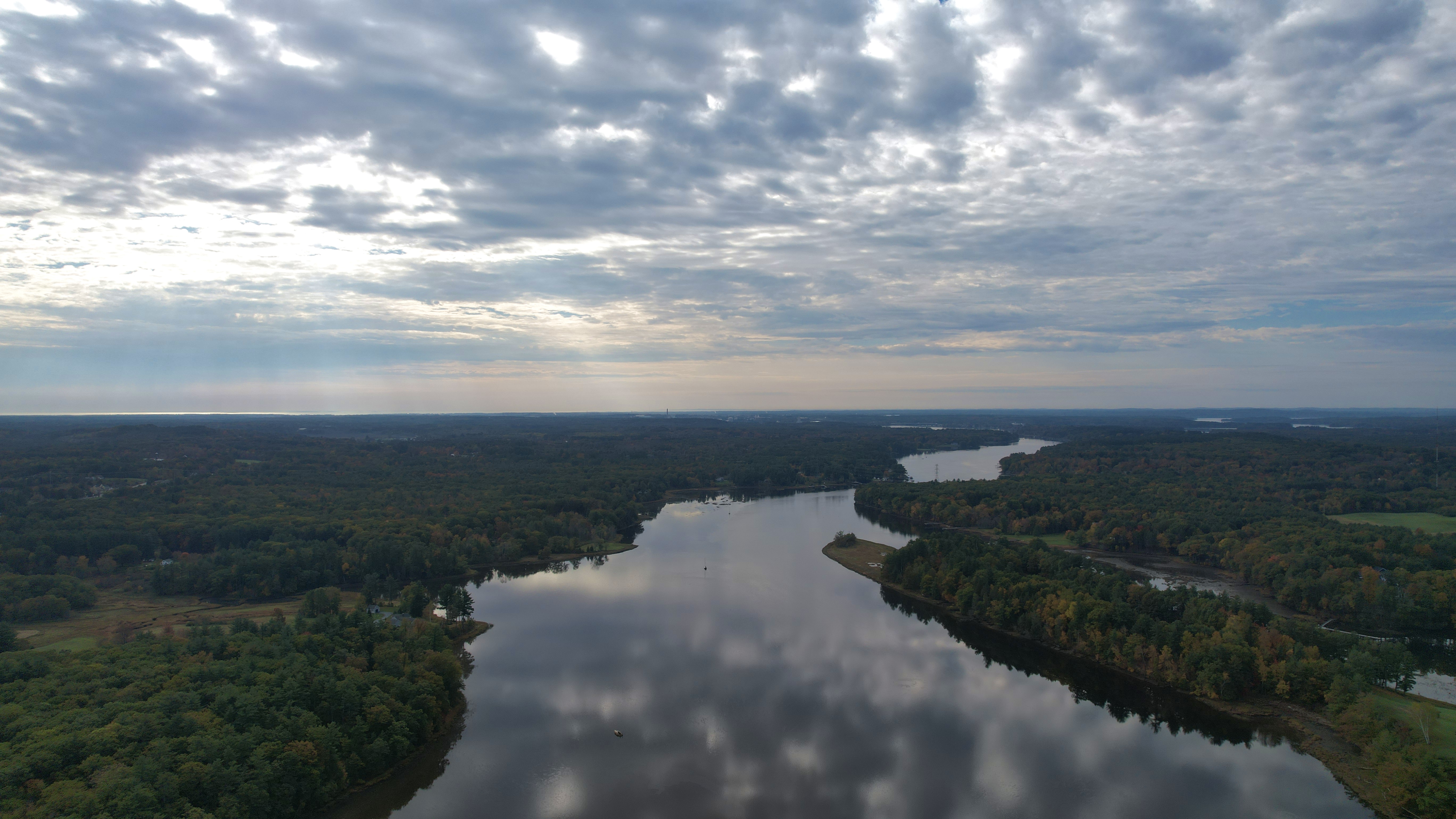On the latest episode of The Decarbonization Race podcast, Martin Wainstein, Founder and Executive Director at the Open Earth Foundation, offers insights into the scale of challenge planetary sustainability goals represent and the new kinds of paradigms emerging to help us start to meet them. In particular, he looks at the concept of global digital infrastructure for codifying and communicating actions and progress on climate change mitigation and adaptation.
Martin leads forward-looking engineers at the Yale Open Innovation Lab and the Center for Innovative Thinking at Yale who are building a range of digital infrastructure protocols and tools aimed at communicating the efforts of multiple interests involved in the United Nations program to limit temperature increases to 1.5 degrees Celsius.
The UN Power Broker
The United Nations and the COP conferences and sub-conferences were convened to negotiate thorny questions around “common but differentiated responsibility” for climate change and how developed and developing countries each must respond to reduce emissions and increase resilience. The new expertise of digital technocrats has potential to provide unifying language and structures. The hope is to construct and create a new workable economic and socially-just system where northern and southern hemisphere countries and old and new monetary systems can work towards shared impacts.
Wainstein and his associates posit that digital platforms and newly developed theoretical foundations have had some success in creating workable solutions.
As he mentions, the problem of working through multi-tiered, complex organizational systems can be seen, for example, in the U.S. taxation system. In that system, individuals, sub-units of states, and levels of tax collection communicate through well-established organizational structures, and there is clear acceptance of consequences (i.e., monetary and punitive devices). It is quite instructive as an analogy that this hope to transfer such complex systems to the international sphere might be achievable at some point in the future.
There are too many examples to cite in the modern economies both in Europe and the United States to demonstrate how far thinkers and executives have co-mingled in this progressive philosophy. Wainstein himself cites this favorable progress in moving toward world climate goals.
Keeping the Faith
When queried about probable success and failures, Wainstein has a mixed review of what the future holds but is optimistic about consumer education on climate issues, especially among the younger generations who absorb and support the goals of climate mitigation and adaptation, in both business and policy.
For more from Lincoln’s conversation with Dan, listen in to The Decarbonization Race podcast.

